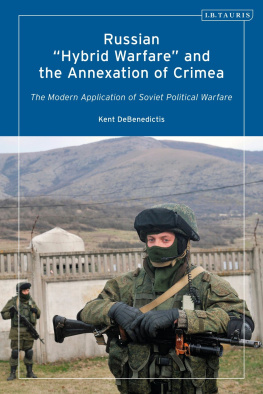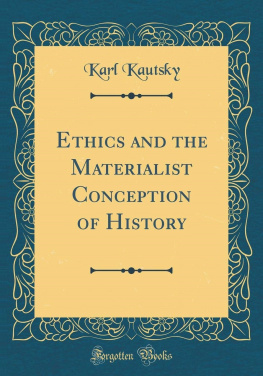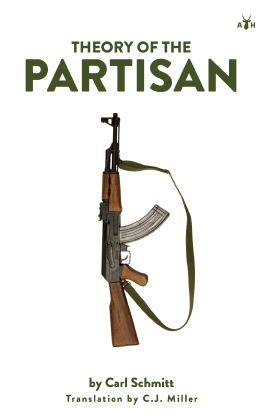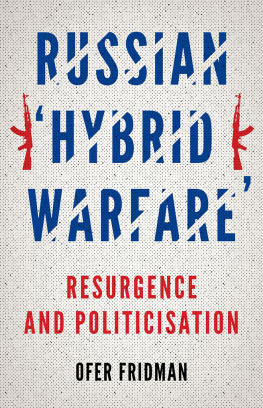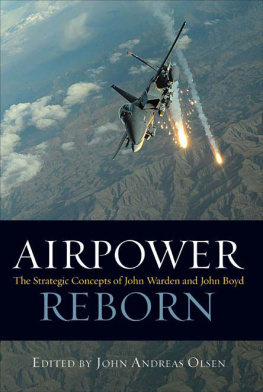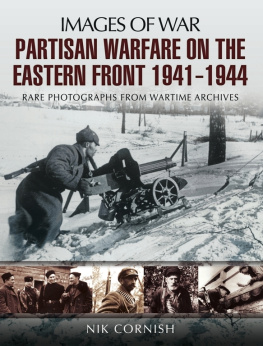This edition is published by ESCHENBURG PRESS www.pp-publishing.com
To join our mailing list for new titles or for issues with our books eschenburgpress@gmail.com
Or on Facebook
Text originally published in 1962 under the same title.
Eschenburg Press 2017, all rights reserved. No part of this publication may be reproduced, stored in a retrieval system or transmitted by any means, electrical, mechanical or otherwise without the written permission of the copyright holder.
Publishers Note
Although in most cases we have retained the Authors original spelling and grammar to authentically reproduce the work of the Author and the original intent of such material, some additional notes and clarifications have been added for the modern readers benefit.
We have also made every effort to include all maps and illustrations of the original edition the limitations of formatting do not allow of including larger maps, we will upload as many of these maps as possible.
USAF HISTORICAL STUDIES: NO. 177
THE GERMAN AIR FORCE IN WORLD WAR II
Airpower and Russian Partisan Warfare
By
General der Flieger a. D. Karl Drum
Edited by Dr. Littleton B. Atkinson of the USAF Historical Division of Research Studies Institute,
Air University, United States Air Force
Brig.-Gen. Noel F. Parrish, USAF
Director, Research Studies Institute
Dr. Albert F. Simpson,
Air Force Historian
With an Introduction by Telford Taylor
INTRODUCTION TO THE SERIES
The publication of this series of official historical studies is at once a most significant contribution to our knowledge of the Second World War and a landmark in the development of commercial publishing.
So much is published nowadaysfar beyond the capacity of any individual even to screenand so much is printed that ought never to see the light of day, that one tends to forget the considerable amount of writing well worth reading which rarely or never gets published at all. These volumes are an excellent example. Military monographs by foreign officers whose names are unknown to the public are not attractive items to most commercial publishing houses. But sometimes, as in the present case, they are unique sources of information which should be available in public if not in private libraries. Less often, and again as in the case of these volumes, they are surprisingly well written, and in many parts fascinating to the general reader as well as to the historian or military specialist.
The foreword of the Air Force Historical Division describes the inception and purposes of its German Air Force Historical Project and the circumstances under which these studies were written. Together with others to be published or made available for research in the future, the fruits of the Project are an analytic survey, at once comprehensive and intensive, of the Luftwaffes structure and operations.
Not the least remarkable feature of the series is its authorship. With the single exception of Dr. Richard Suchenwirtha one-time Austrian Army Officer and more recently a historian and educator in Munichthey are all former Luftwaffe generals, of low to middling seniority, who were intimately and responsibly involved with the events and problems of which they write. All seven were born within the decade 18911901, and thus in their forties or early fifties during most of the war years. Lieutenant-colonels or colonels when the war began, they filled a wide variety of staff and administrative assignments. Only two (Deichmann and Drum) attained three-star rank ( General der Flieger ) , and only one (Deichmann) was ever given a major field command.
In military parlance, accordingly, they are all staff rather than command types, and for present purposes that is a good thing. Staff officers are responsible for the smooth functioning of the military machine; they must anticipate and provide for contingencies, and are expected to possess good powers of analysis and imagination. They spend much time drafting orders, which requires the ability to write with clarity and brevity. All these qualities are reflected in their product; our seven generals must have been good staff officers.
Banned by the Treaty of Versailles, the German air arm was condemned to a clandestine and embryonic life until 1933, and the Luftwaffes existence was not publicly acknowledged until 1935. Hermann Gring and his colleagues in its command thus had only six years prior to the war in which to assemble and organize an officer corps. Its younger membersthose who were lieutenants and captains when the war camewere recruited and trained during those years (193339), but the upper reaches of the corps had to be manned in other ways.
The need for experienced staff officers was especially acute, and this was met largely by transferring army (and a few navy) officers to the newly established air arm. Thus it is not surprising to find that all but one (Morzik) of our generals were professional soldiers who made their careers in the Reichsheer of the Weimar Republic, and received general staff training at the time Adolf Hitler was coming to power. So far as possible, the officers to be transferred were selected from those who had served in the air arm during the First World War, as had Deichmann and Drum.
Morzik alone represents the other principal type of senior Luftwaffe officer. He was not of the officer class; he had been a non-commissioned officer in the air arm during the First World War. Between the wars he led an adventurous and varied life as a commercial pilot, a successful competitor in aviation contests, a Junkers test pilot, and a flying instructor. Like his more famous superiorsUdet, Loerzer, von Greim, and Gring himselfMorzik was a freelance knight of the air, and one of a considerable company commissioned from civil life in the 193335 period.
These generals are writing about events of which they were a part, in the course of a war in which Germany was catastrophically, and the Luftwaffe even ignominiously, defeated. What they have written is certainly not objective in the sense that it is detached; they see with the eyes and speak the language of the air arm, and readily find explanations for their own failures in the mistakes of the Army leadershipoften with good reason, to be sure. But their work is objective in the sense that it is dispassionate. Their studies bespeak a deep curiosity about their conduct of the war and the causes of their defeat, and they have, on the whole, endeavored to put the record straight by the lines they are able to perceive.
There is, however, a great deal that they did not perceive. Few, if any, are those who can write at length about other men without revealing a great deal about themselves, and our authors are not in this respect exceptional. At least during this century, the German military profession has been rightly celebrated for its technical and tactical competence, but its record in the field of grand strategy has been abysmal. By and large these studies do not often venture into the rarefied atmosphere of the highest levels of command, and when they do, the results are unimpressive. Plochers account of the reasons for the German attack against the Soviet Union, {1} for example, is superficial and diffuse. Of course he was not party or privy to the decision, but in telling us what he has heard there is little effort to winnow fact from fable, or to assess the considerations and alternatives.




